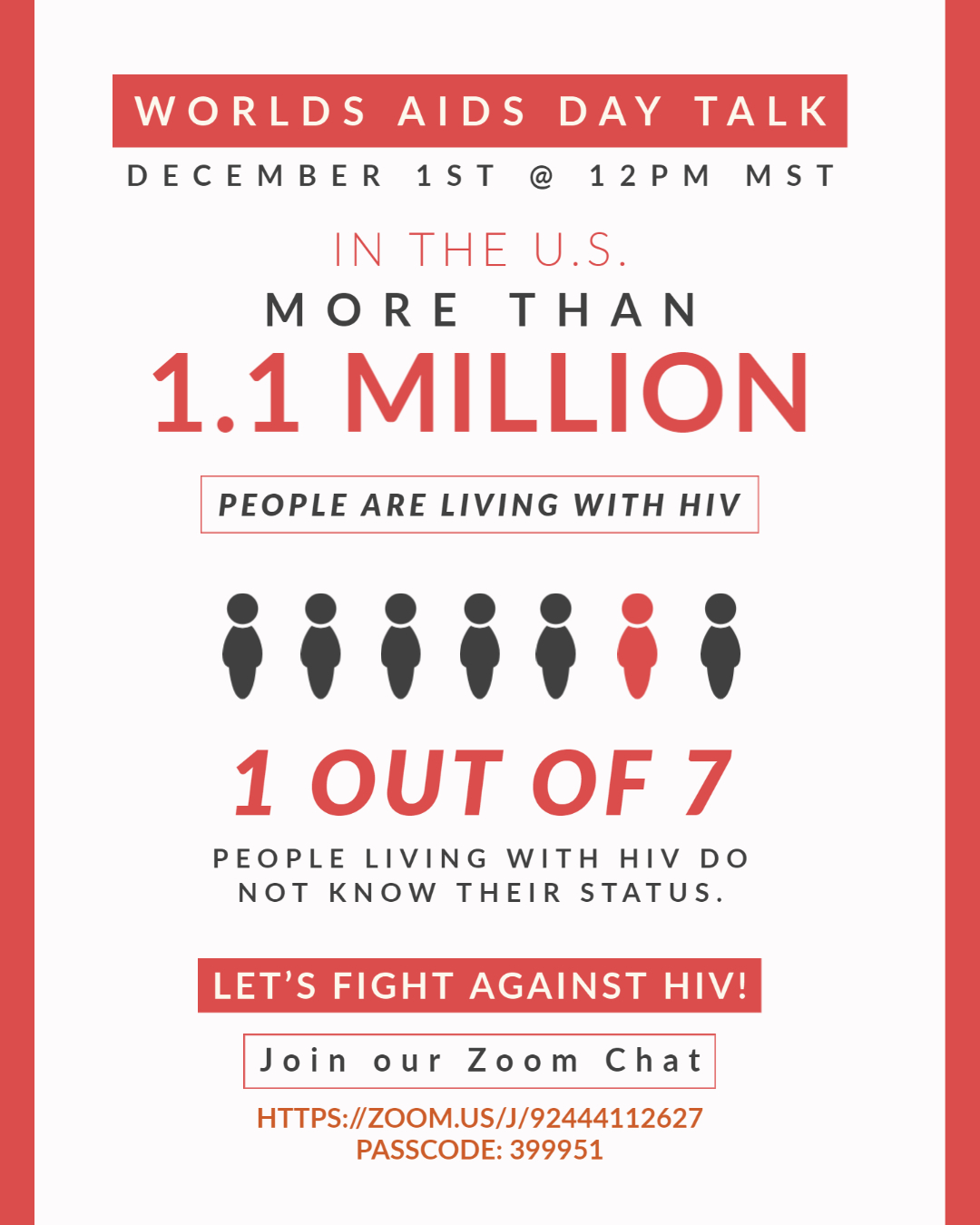
Health and Wellness
It is extremely important to know how to take care of your sexual health to prevent negative outcomes that can affect you in the future. We would like to provide you with information necessary to help you make good choices with respect to your sexual health.
Here is our latest workshop done by Hannah Quigg, NP our Nurse Practitioner on campus

Zoom Link:
Passcode:
W7^Mpx0R
Sexually Transmitted Diseases
Student Health Center
Below is a brief overview of STD testing recommendations. STD screening information for healthcare providers can be found here.
- All adults and adolescents from ages 13 to 64 should be tested at least once for HIV.
- All sexually active women younger than 25 years should be tested for gonorrhea and chlamydia every year. Women 25 years and older with risk factors such as new or multiple sex partners or a sex partner who has an STD should also be tested for gonorrhea and chlamydia every year.
- All pregnant women should be tested for syphilis, HIV, and hepatitis B starting early in pregnancy. At-risk pregnant women should also be tested for chlamydia and gonorrhea starting early in pregnancy. Testing should be repeated as needed to protect the health of mothers and their infants.
- All sexually active gay and bisexual men should be tested at least once a year for syphilis, chlamydia, and gonorrhea. Those who have multiple or anonymous partners should be tested more frequently for STDs (i.e., at 3- to 6-month intervals).
- Sexually active gay and bisexual men may benefit from more frequent HIV testing (e.g., every 3 to 6 months).
- Anyone who has unsafe sex or shares injection drug equipment should get tested for HIV at least once a year.
Sexual Health Services FAQs
Q: Does the NMT Student Health Center Screen for STDs?
A: Yes, the NMT student health center does screen for STDs. This does not
always require an invasive genital swab. Comprehensive STD screening can be completed with a urine sample and a
blood sample.
Q: Does the student health center treat STDs?
A: Yes, the NMT student health center is staffed with Nurse Practitioners who
can diagnose and treat sexually transmitted infections.
Q: Does the student health center have free condoms?
A: Yes, please call and we can arrange for pick-up of free condoms.
Q: How can I make an appointment for STD screening?
A: Please call 575-835-5094 or visit the health center webpage here. All sexual health consults and STD screening requires an appointment with the student health center.
Q: Are services at the health center confidential?
A: Yes, the care provided at the student health center is confidential. Some
STDs are considered mandatory reportable diseases and positive results
and treatment summaries are released to the state of New Mexico by law.
Q: What is the best way to avoid contracting a sexually transmitted disease?
A: The only way to ensure you don't contract an STD is by not having vaginal, anal, or oral sex. If you are sexually active, it is important you use condoms correctly each time you have sex, and make sure you and your partner get tested frequently.
Q: How often or how early should I start getting tested?
A: Everyone should start seeing their provider as soon as they become sexually active.
Sexual Health Links
- CDC Sexual Health Home Page: Click here
- CDC STD Home Page: Click here
- STD Risk with Oral Sex: Click here
- CDC STD Screening Recommendations: Click here
- Health Risks, Prevention, Treatment & Help Click here
What about birth control and STDs?
Make sure your adolescent knows that even if they are using another type of birth control, they should use a condom every time they have sex. This reduces the risk for HIV and most other STDs. Birth control such as the IUD, implant, pill, patch, ring, or shot provides effective pregnancy prevention, but it does not protect against HIV and other STDs. Condoms can reduce the risk to both partners for most STDs, including HIV, as well as the risk for pregnancy. Getting tested for STDs is also important.
How should you choose a birth control method?
Information from healthcare providers can help you decide which birth control method is right for you. It is important to consider:
- How well does it work? Some birth control methods are more effective at preventing pregnancy than others. IUDs and implants are the most effective reversible methods currently available.
- Is it easy to use? Some methods are easier to use than others. For example, if it is hard to remember to take a pill every day, birth control pills may not be the best option.
- What are the possible side effects? A healthcare provider can explain potential side effects of methods and ensure that a method is safe given a person's overall health.
- Does it prevent STDs? Most contraceptive methods do not prevent STDs, so it is recommended that adolescents also always use condoms in addition to their primary birth control method for both STD and pregnancy prevention.
- How much does it cost? Most insurance plans, including Medicaid, fully cover most birth control methods. For those without health insurance, some clinics provide free or low cost options.